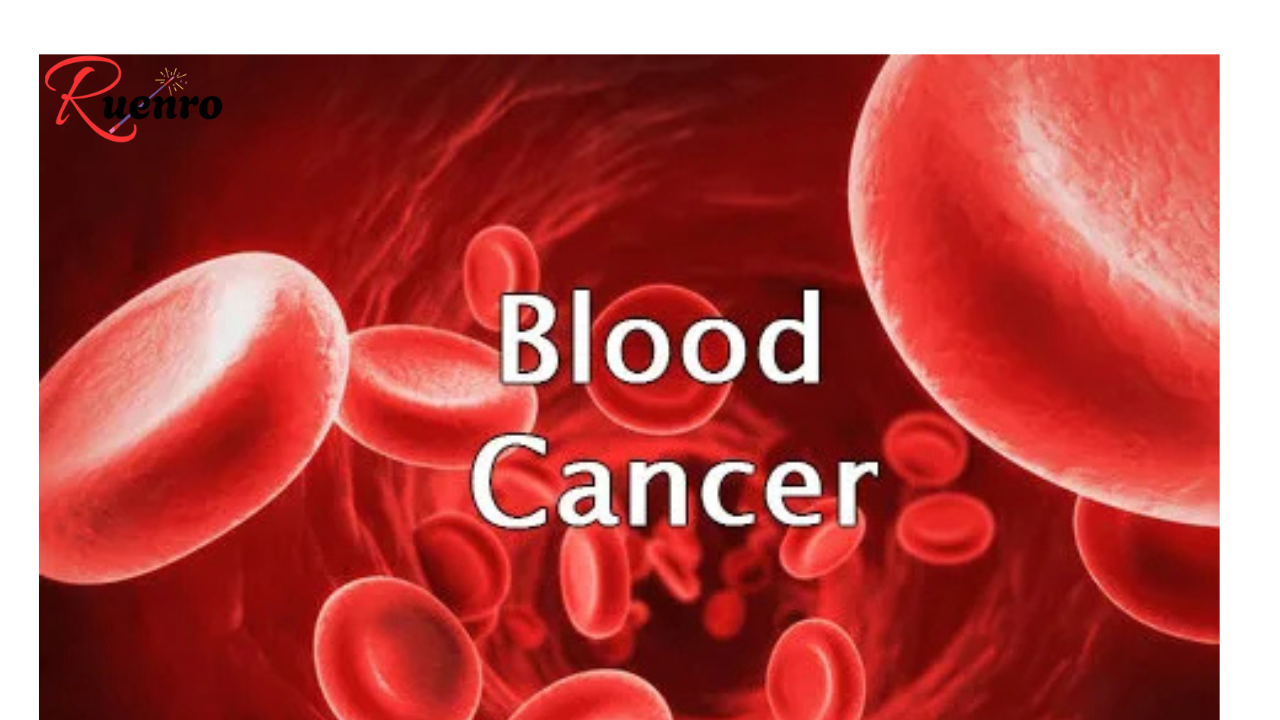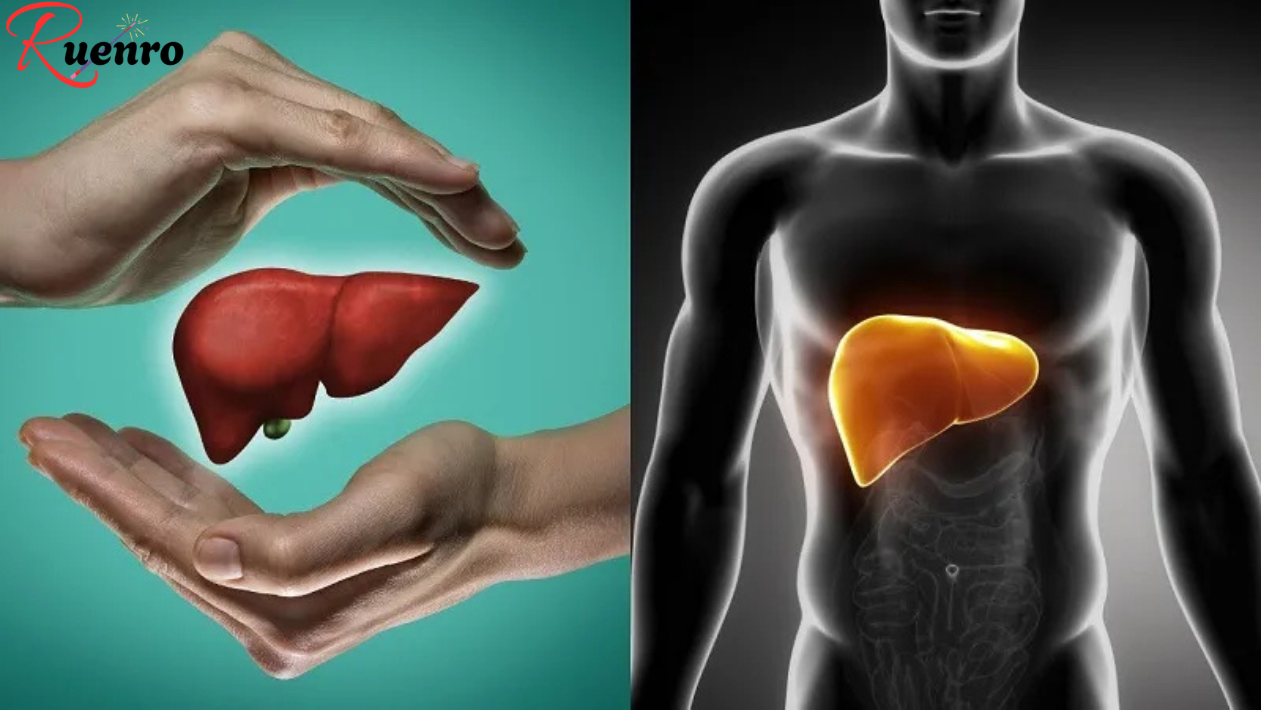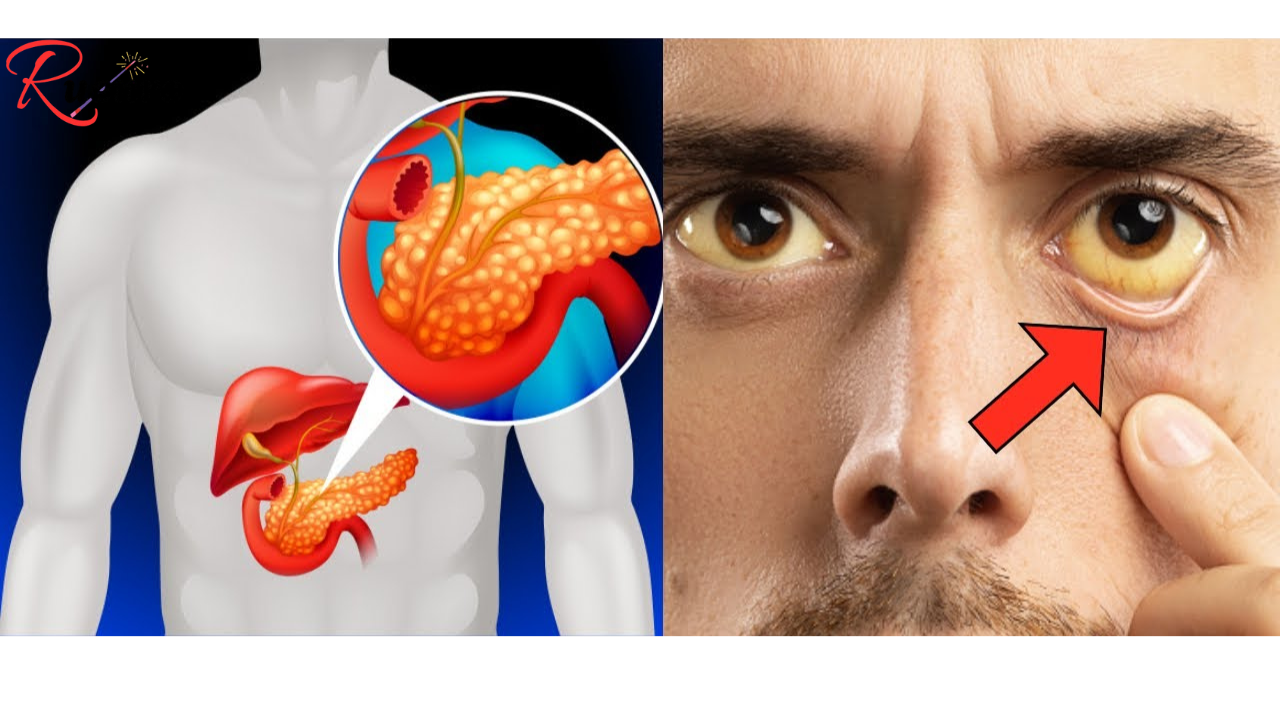Vitamin B12 is one of the most essential nutrients your body needs — yet it’s also one that many people unknowingly lack. Because its symptoms develop slowly and can mimic other conditions, vitamin B12 deficiency often goes unnoticed for months, or even years.
This vital vitamin plays a key role in making red blood cells, supporting nerve function, and maintaining brain health. When your body doesn’t get enough, it can lead to fatigue, mood changes, nerve damage, and even long-term complications.
Here are the most commonly ignored symptoms of vitamin B12 deficiency and what you can do to protect yourself.
1. Constant Fatigue and Weakness
Feeling tired even after a full night’s sleep? Chronic fatigue is one of the earliest and most common signs of vitamin B12 deficiency.
🧠 Why It Happens:
Vitamin B12 helps your body produce red blood cells, which carry oxygen to your organs. Without enough of it, your body struggles to get the oxygen it needs — leaving you feeling drained, weak, and sluggish.
💬 Common Clues:
- You feel exhausted despite resting well.
- You get tired doing simple daily activities.
- Your muscles feel weak or heavy.
💡 Tip: If you’re feeling unusually fatigued, ask your doctor for a complete blood count (CBC) and B12 test.
2. Pale or Yellowish Skin
A noticeable change in skin tone can also be a warning sign. When your body lacks vitamin B12, it can’t make enough healthy red blood cells, leading to a condition called megaloblastic anemia.
⚠️ What Happens:
- You may look pale or washed out because of reduced red blood cells.
- Sometimes, red blood cells break down easily, releasing a pigment called bilirubin — which can give your skin and eyes a slightly yellow tint (jaundice).
💡 Tip: If your skin looks unusually pale or yellowish, don’t dismiss it — it may be your body’s way of signaling low B12 levels.
3. Numbness or Tingling in Hands and Feet
Vitamin B12 is essential for maintaining a healthy nervous system. When levels drop too low, your nerves become damaged, particularly those in the hands and feet.
⚠️ Symptoms:
- Tingling or “pins and needles” sensations
- Numbness or burning in the hands, legs, or feet
- Poor balance or difficulty walking
This condition is called peripheral neuropathy, and if left untreated, nerve damage can become permanent.
💡 Tip: Don’t ignore frequent tingling or numbness — early treatment can reverse nerve damage.
4. Mood Changes, Depression, or Anxiety
Low vitamin B12 doesn’t just affect your body — it affects your brain and emotions too.
🧠 Why It Happens:
B12 is crucial for producing brain chemicals like serotonin and dopamine, which regulate mood. When levels are low, you may experience:
- Mood swings
- Irritability
- Anxiety
- Symptoms of depression
In severe cases, prolonged deficiency can even mimic mental health disorders or cognitive decline.
💡 Tip: If you’ve been feeling down, anxious, or “foggy-headed,” it might not just be stress — your B12 levels could be part of the problem.
5. Memory Loss and Difficulty Concentrating
Brain fog, forgetfulness, or poor focus can be early neurological signs of vitamin B12 deficiency.
🧩 Why It Happens:
Your brain cells need B12 to function properly and repair themselves. Low levels can lead to poor communication between brain cells, resulting in memory lapses, confusion, or slower thinking.
Older adults are especially at risk — many cases of “age-related dementia” are actually due to undiagnosed vitamin B12 deficiency.
💡 Tip: If you’re frequently forgetting things or struggling to focus, a simple blood test can rule out a B12-related cause.
6. Shortness of Breath and Dizziness
Without enough B12, your body can’t produce adequate red blood cells to carry oxygen efficiently. This can leave you feeling lightheaded, especially during physical activity.
⚠️ Warning Signs:
- Shortness of breath after mild exertion
- Dizziness or feeling faint when standing up
- Rapid heartbeat or palpitations
💡 Tip: These symptoms can resemble heart problems or low iron, so it’s important to test for both anemia and B12 levels if you experience them regularly.
7. Glossy or Swollen Tongue (Glossitis)
A sore or inflamed tongue is one of the lesser-known signs of vitamin B12 deficiency. The condition is called glossitis, and it can make eating or speaking uncomfortable.
🩺 Symptoms Include:
- Smooth, shiny, or red tongue
- Swelling or burning sensation
- Mouth ulcers or cracks at the corners of your lips
This happens because low B12 affects the cells in your mouth and tongue that regenerate quickly.
💡 Tip: If your tongue looks different or feels sore for no reason, it’s worth checking your vitamin levels.
8. Heart Palpitations
When your red blood cell count drops, your heart has to work harder to pump oxygen throughout your body. This can cause palpitations, irregular heartbeat, or chest discomfort.
While palpitations can have many causes, recurring episodes — especially with fatigue and pale skin — could be tied to anemia from vitamin B12 deficiency.
💡 Tip: Always seek medical advice for heart-related symptoms, but don’t overlook the role of nutrition in your heart’s health.
9. Loss of Appetite and Weight Loss
Low B12 levels can affect the digestive system, leading to loss of appetite, nausea, constipation, or even unexplained weight loss.
Because B12 supports the lining of your digestive tract, a deficiency can interfere with nutrient absorption and slow metabolism.
💡 Tip: If you’ve noticed a decrease in appetite or unexpected weight loss, especially along with fatigue, ask for a B12 screening.
10. Vision Problems
In severe or long-term B12 deficiency, the optic nerve can become damaged, causing vision changes such as:
- Blurred or double vision
- Light sensitivity
- Vision loss in one or both eyes
This condition, known as optic neuropathy, is rare but serious — and often reversible if caught early.
🥩 Who Is Most at Risk of Vitamin B12 Deficiency?
Certain groups are more likely to develop a deficiency:
- Vegetarians and vegans: B12 is mainly found in animal products like meat, fish, eggs, and dairy.
- Older adults: The body’s ability to absorb B12 decreases with age.
- People with digestive disorders: Conditions like Crohn’s, celiac disease, or gastritis can reduce absorption.
- Those taking certain medications: Acid reflux drugs and diabetes medication (like metformin) can interfere with B12 absorption.
- Individuals with pernicious anemia: An autoimmune disorder that prevents B12 absorption.
💊 How to Prevent and Treat Vitamin B12 Deficiency
✅ 1. Eat B12-Rich Foods:
Include plenty of:
- Meat (beef, liver, chicken)
- Fish and seafood (salmon, tuna, clams)
- Eggs and dairy products
- Fortified cereals and plant-based milk (for vegetarians/vegans)
✅ 2. Take Supplements:
If you’re vegan, older, or have absorption issues, your doctor may recommend B12 tablets, sublingual drops, or injections.
✅ 3. Get Regular Checkups:
Routine blood tests can catch deficiencies early, especially if you’re in a high-risk group.
🧠 Final Thoughts
Vitamin B12 deficiency is more common than most people think — and its symptoms often masquerade as stress, aging, or fatigue. But ignoring the signs can lead to serious, sometimes irreversible, complications like nerve damage or cognitive decline.
The good news? It’s completely preventable and treatable. By staying aware of these subtle warning signs and getting your levels checked regularly, you can protect your energy, focus, and long-term health.
Remember: if your body is speaking — through fatigue, numbness, or mood swings — it’s time to listen




Leave a Comment